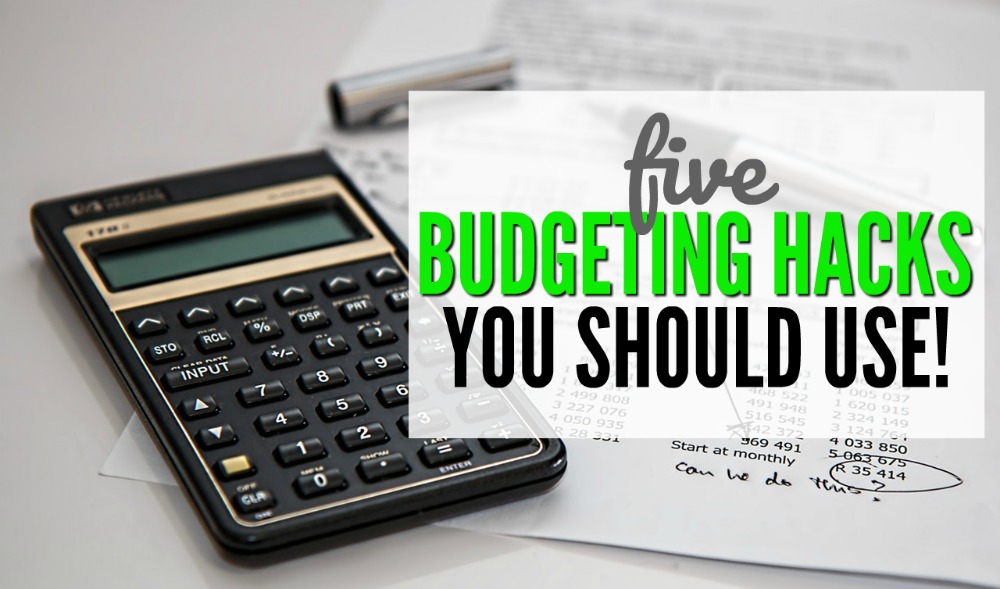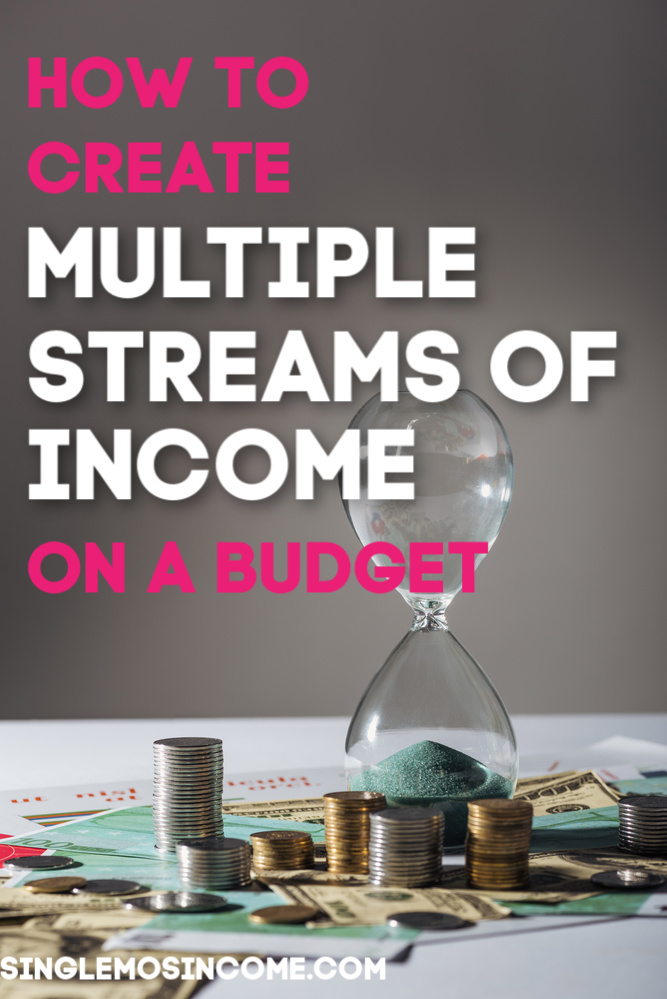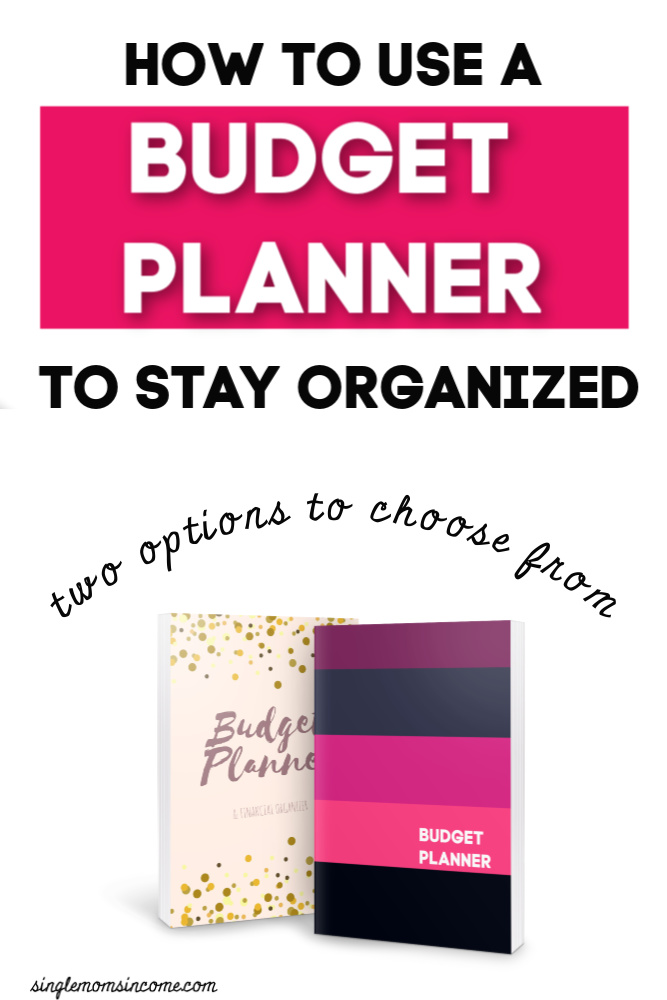
If you want to keep track of your finances and properly manage your cash flow, you need a budget. There’s no way around it but still, only 41% of Americans admit to having a budget.
This means, most people are not organizing their finances or tracking their spending. While we all know that a budget is an important tool to have, the act of budgeting is a constant habit that many people fail to keep up with.
Most people fail at budgeting because they make it too difficult in the first place. As humans, we are wired to move away from what causes of and pain or discomfort, and toward the things that are easy and enjoyable. The trick is to make budgeting one of those easy and enjoyable tasks so you stick with it long term. Check out these 5 easy hacks to help you stick to your budget.
1. Use Cash Envelopes
I’ve been using the cash envelope budgeting method since last fall and it’s one of the best strategies to use if you often overspend. The great thing about using cash is that it’s basically impossible to go over budget because you can only spend what you have.
When you use an all cash budget, you can withdraw what you need for each budget category and place it in a designated envelope. Some envelopes are colorful and have space to track your spending on the back. This can make the budgeting process more fun.
I usually leave enough money in my account to cover auto payments and I use a cash envelope for everything else. Sometimes, I’m surprised at how I still have money left in some envelopes so I’ll roll it over to the next month.
If you’re just getting started, you can just use a cash envelope for one or two spending categories that seem challenging to stick to. We spend so much less on groceries, dining out, household items and more now that we budget with cash envelopes each month.
2. Track Your Spending
Tracking your spending is the best way to avoid overspending and stick to your budget. Lots of people avoid doing this because they feel it will be too hard to take up too much time.
On the contrary, you only need a few minutes per day to review your spending and you can even stay organized by tracking everything in a spreadsheet. You can also speed up the process by using apps and programs like Mint, Every Dollar, or Personal Capital. I’m old fashioned and use a budget binder to manually track things but I also have a spreadsheet as a backup.
Be sure to track your spending at least once a week. You don’t want to wait until the end of the month to reconcile your expenses and realize you went over budget. By tracking your expenses regularly, you can give yourself a heads up when money starts to get tight or you feel the temptation to overspend.
(Also check out our free budget printables.)
3. Prepare Freezer Meals
Food is one of the highest expenses in most people’s budget. Food is also a necessity so it’s easy to go over budget in this category and just use the excuse that you needed to feed your family.
On the flip side, you can eat well and still have a reasonable food budget that you stick to. The best solution is to prep meals in advance. Freezer cooking is a new process I’ve started to use in my own household.
It basically involves preparing meals that can be frozen and then pulled out to enjoy at a later date. While store-bought freezer dinners are probably unhealthy, you can make your own meals with fresh ingredients, stick it in an airtight container, then freeze it until you need it for a future meal.
Having delicious meals already prepared and preserved in your freezer can help you avoid cooking each night, making excessive grocery store runs, or going out for takeout when you’re tired.
4. Sleep On Your Purchases
Another easy hack to help you stick to your budget involves using the 48-hour rule. When you have a budget, it’s ideal that you avoid making a ton of unplanned purchases throughout the month.
One or two extra purchases is probably fine, but if you’re doing it every other day it can really add up. The next time you think about making an unplanned purchase, tell yourself that you have to sleep on it for at least 48 hours. Use this time to make really think about the expense and confirm that you are not making your decision based on a temporary emotion.
At the end of the 48-hour period, decide whether you still feel like you want to make the purchase or not. Most times, you will realize you can get by just fine without it or you may forget about it altogether.
5. Have Regular Money Meetings
If you’re managing money with your spouse, be sure to set up regular money meetings or finance dates to discuss how the budget is going and track your financial goals.
If you’re single, still schedule a money meeting as this will allow you to hold yourself accountable for sticking to your budget and making progress financially.
Use this time to get up-to-date with tracking your expenses, reassess your goals, plan for future expenses, and mane any necessary changes to the budget.
Again, you don’t want to wait until the end of the month to do this. Take time out at least once a week and you can keep your meetings short and concise. When you wait too long, your finances can become a mess and it will take you longer to assess everything and get back on track.
Summary
It can be discouraging to not be able to stick to a budget. It’s best to make budgeting easy and enjoyable with these simple hacks. Make these hacks a habit so they become almost second nature.
Once you are able to stick to your budget without it feeling like a chore, you will start to notice that you have more money and can get ahead financially.



